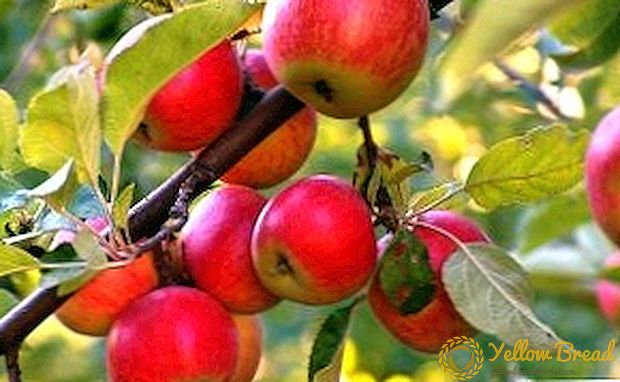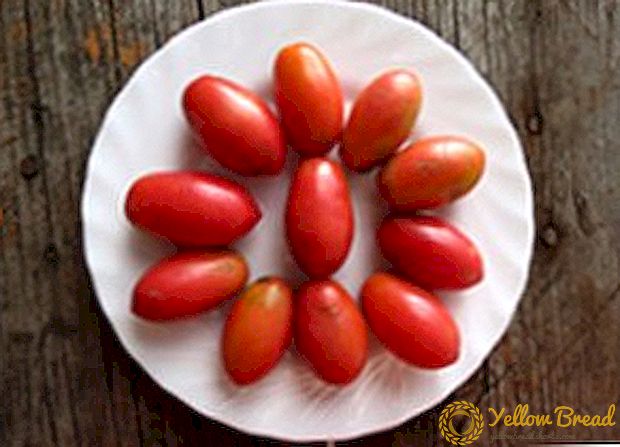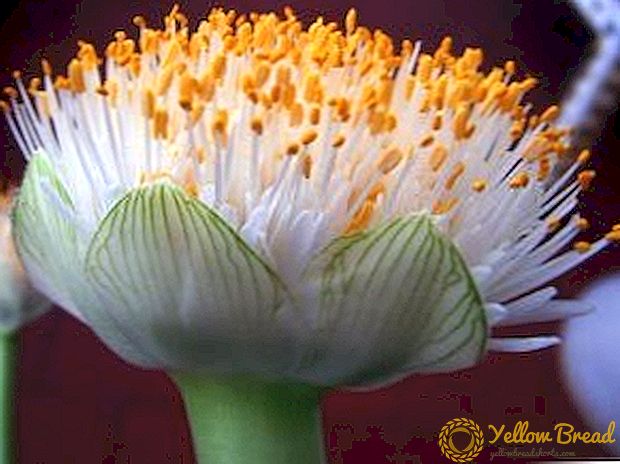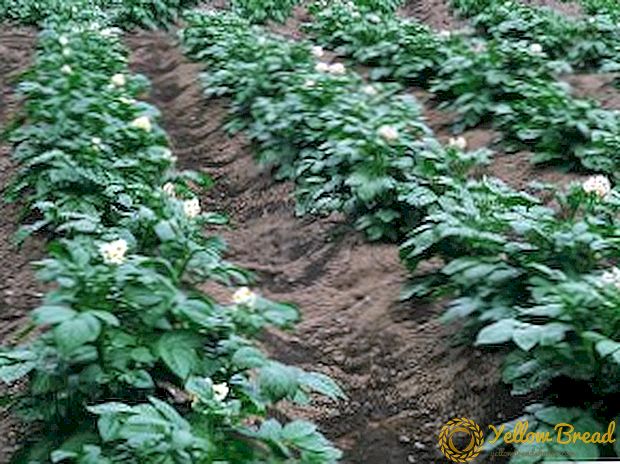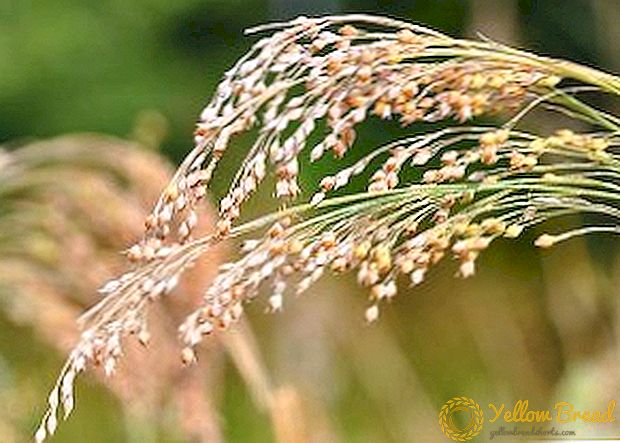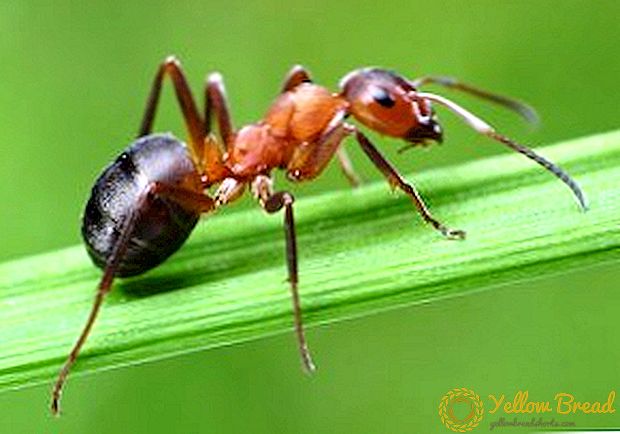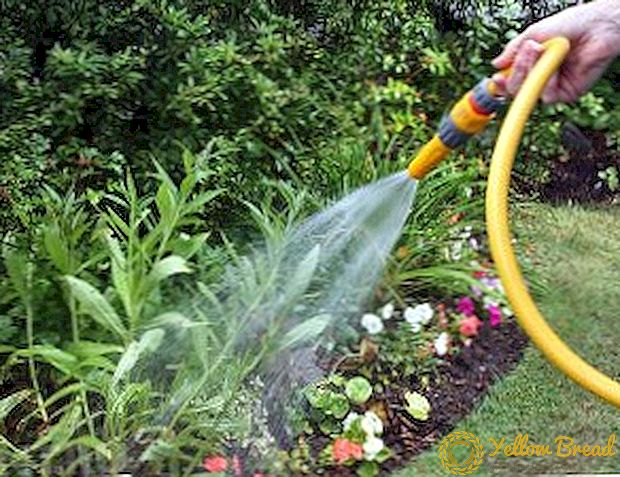 It is impossible to imagine healthy and beautiful garden plants without additional watering, which is carried out artificially with the help of hoses. There are many different types of hoses that differ not only in appearance but also in quality. In this article we will talk about what is better to choose a hose for irrigation, how to properly store and operate it.
It is impossible to imagine healthy and beautiful garden plants without additional watering, which is carried out artificially with the help of hoses. There are many different types of hoses that differ not only in appearance but also in quality. In this article we will talk about what is better to choose a hose for irrigation, how to properly store and operate it.
- Types of watering hoses: how to choose the material
- Rubber hose
- PVC hose
- Nylon hose
- Plastic hose
- Miracle hose
- Silicone hose
- Main characteristics of a watering hose
- How to choose the diameter and length of the garden hose
- Observance of temperature conditions, what you need to know when choosing a hose
- How to calculate the working pressure for irrigation
- How does the transparency of the hose affect watering?
- Lifetime and storage conditions for a garden hose
Types of watering hoses: how to choose the material
Modern gardeners and gardeners are increasingly resorting to irrigation hoses, and the question of which one is better is becoming increasingly important. For the manufacture of garden hoses for irrigation using all available materials.About how and which one is better to choose, we'll talk more further.
Rubber hose
When thinking about what is the best watering hose, people often think of hoses made of rubber. This is explained by rubber tools have more advantages than negative features, among them:
- high strength;
- elasticity of the material;
- UV resistance;
- resistance to temperature extremes;
- withstand pressure from 1 to 10 atmospheres;
- available.
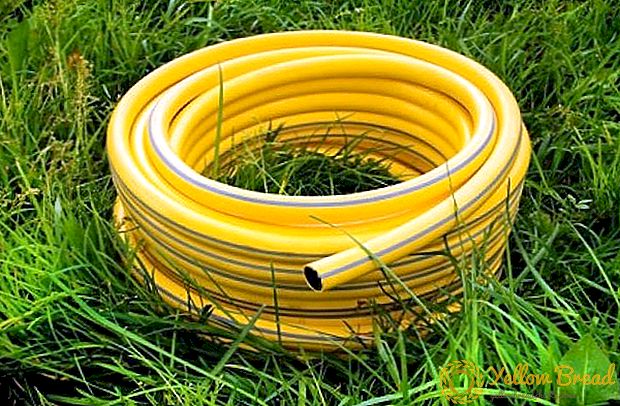 As for the negative features, it is worth remembering about a rather large mass of hose, it is difficult to move it from place to place, from garden to garden. Most often, hoses made of toxic rubber are most available in domestic stores: they will not cause any harm to the plant, but as for the source of drinking water for animals, it is better to use hoses with a special sanitary label.
As for the negative features, it is worth remembering about a rather large mass of hose, it is difficult to move it from place to place, from garden to garden. Most often, hoses made of toxic rubber are most available in domestic stores: they will not cause any harm to the plant, but as for the source of drinking water for animals, it is better to use hoses with a special sanitary label.PVC hose
Watering in the country can be made from a hose made of PVC, which is quite budget and comfortable material. The first thing to look out for when choosing a PVC hose is the number of layers. This question is fundamental, because single-layer hoses will last no more than a year, their shape and structure are deformed. In conversations about PVC hoses, the question of what is a reinforced hose is often encountered. The answer is banal: it is the same PVC hose, only multi-layered, with a special structure-reinforcing insert. These hoses have even more advantages simply because they last longer and are more resistant to temperature and pressure differences. 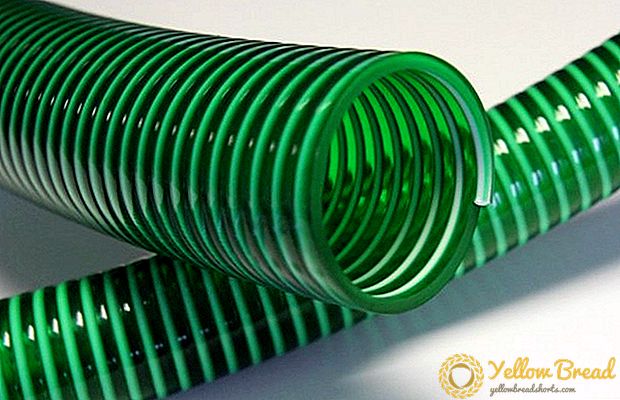
Nylon hose
If you had to choose which watering hose is better, also pay attention to hoses made of nylon. Nylon itself is a very lightweight material, which means that the hose from this material will not be massive, and it will be easy to transfer. Another advantage of the nylon hose is its flexibility and durability: it is easy to twist.As for the shortcomings, one of the main ones is the instability to temperature and pressure, which is why they can be actively exploited only for two seasons. 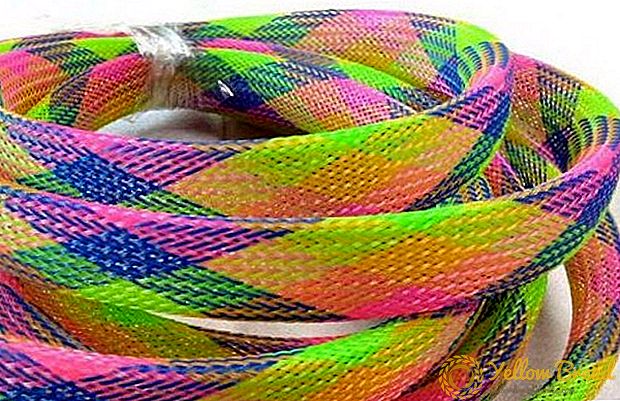
Plastic hose
Plastic hoses for water are not very popular because of their impracticality: they are very quickly and easily deformed - at the slightest bend they break out. Also a minus of such hoses is the intolerance of differences of temperatures. The limescale is the true "satellite" of the plastic hose. The water pressure for such a hose should not exceed 5 bar. A few advantages of plastic hoses still can "boast": they are light and have a more decorative appearance than others. 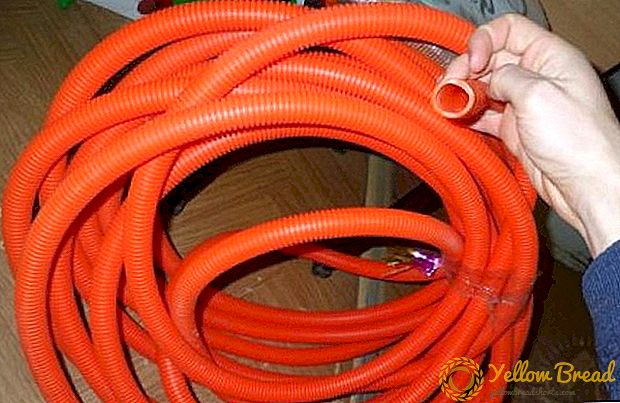
Miracle hose
Wonder hose - a great helper in the summer cottage or garden. It is easy and pleasant to use. This hose is very compact, but when connected increases in size up to 3 times.
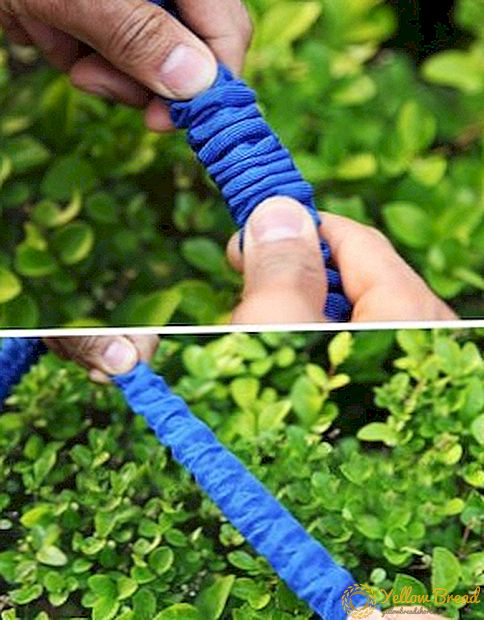 The miracle hose is made of a material that does not crack, even if it is stepped on, is not twisted or broken. It is resistant to temperature and pressure.In fact, the hose is to some extent automated, because after stopping the supply of water, it “collects” itself into an accordion. The materials from which make wonderful hoses, namely: latex tube, high-quality plastic and woven polyester fabric, do not dry out and allow you to use the tool for many years.
The miracle hose is made of a material that does not crack, even if it is stepped on, is not twisted or broken. It is resistant to temperature and pressure.In fact, the hose is to some extent automated, because after stopping the supply of water, it “collects” itself into an accordion. The materials from which make wonderful hoses, namely: latex tube, high-quality plastic and woven polyester fabric, do not dry out and allow you to use the tool for many years.Silicone hose
Silicone hoses for irrigation are widely used in gardening due to its accessibility and elasticity. An interesting quality of silicone hoses for irrigation of garden and garden crops is the ability of the walls of the hose to expand in the sun. Silicone hoses can be used at temperatures from -20 to +40 ° C. Silicone hose with a high pressure of water can burst, so it is better to use it for irrigation of the beds by gravity.
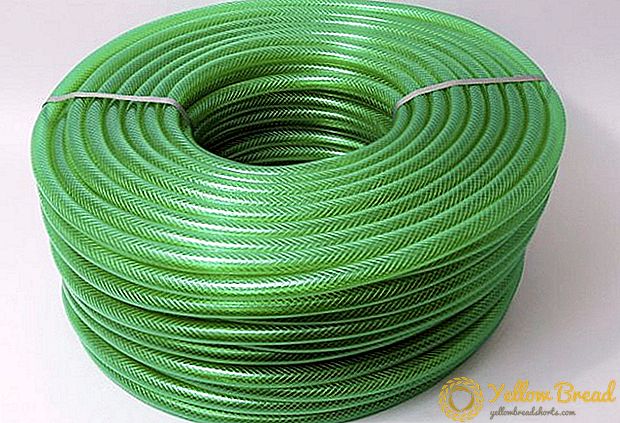
Main characteristics of a watering hose
The choice of a hose for irrigation does not end only with the right choice of the material from which the hose is made,It also includes a number of other characteristics, such as:
- diameter and length;
- temperature conditions;
- force of pressure;
- transparency.
How to choose the diameter and length of the garden hose
Pick up the length of the watering hose is quite simple: you just need to measure the distance from the water source to the watering site, rounding the resulting number. As for the diameter of the hose for irrigation, here it is necessary to proceed from the size of the tap from which water will be supplied. Garden hoses with a diameter of 13 mm or 1/2 inch, or 19 mm, or 25 mm are most commonly used. Use these hoses with adapters.
Observance of temperature conditions, what you need to know when choosing a hose
Each of the hoses can be used at a specific temperature. For example, hoses made of PVC can be used only during the growing season of plants, but already at a temperature below 5 degrees they are deformed. Rubber hoses are more stable and will safely transfer temperatures in the range of -30 to +90 ° C.
How to calculate the working pressure for irrigation
In order to accurately calculate the working pressure for irrigation, you need to know how much pressure the pump delivers. Here such a criterion is important when choosing how the number of layers. Each layer of the hose adds 4 more bars to its strength.
How does the transparency of the hose affect watering?
The transparency of the hose affects not so much the irrigation process as it does on the quality of the water with which you water your plants. In transparent hoses, water is exposed to temperatures more than in dense, opaque hoses, and algae and deposits form inside the hose, which spoil the water and produce an unpleasant odor. therefore it is better to choose opaque hoses for watering.
Lifetime and storage conditions for a garden hose
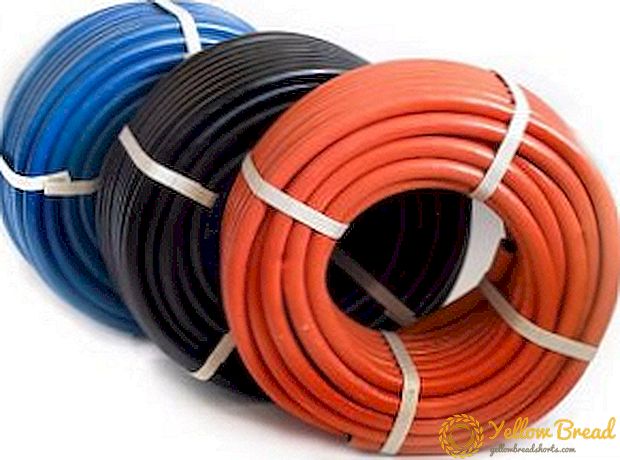 The longest service life is rubber hoses, which, if properly stored, can be used for about 20 years. The most wear-resistant are plastic hoses and PVC hoses, which are easiest to deform. During operation, the permissible pressure for the hose must not be exceeded, as well as its sharp change.In order for the hoses not to “delight” you with holes in the spring, for the winter they should be hidden in a place protected from rodents. It is best for the hose to fit the shelf, located 30-50 cm above ground level, it is desirable that it be separate, and in any case do not put heavy objects on the hose. It is better to keep the hose rolled up, for this you can use home-made coils or buy ready-made ones.
The longest service life is rubber hoses, which, if properly stored, can be used for about 20 years. The most wear-resistant are plastic hoses and PVC hoses, which are easiest to deform. During operation, the permissible pressure for the hose must not be exceeded, as well as its sharp change.In order for the hoses not to “delight” you with holes in the spring, for the winter they should be hidden in a place protected from rodents. It is best for the hose to fit the shelf, located 30-50 cm above ground level, it is desirable that it be separate, and in any case do not put heavy objects on the hose. It is better to keep the hose rolled up, for this you can use home-made coils or buy ready-made ones.
As you can see, with proper handling, even such a rather fragile material as a garden hose can serve faithfully for many years, and from many types you can choose the one that best suits you.

